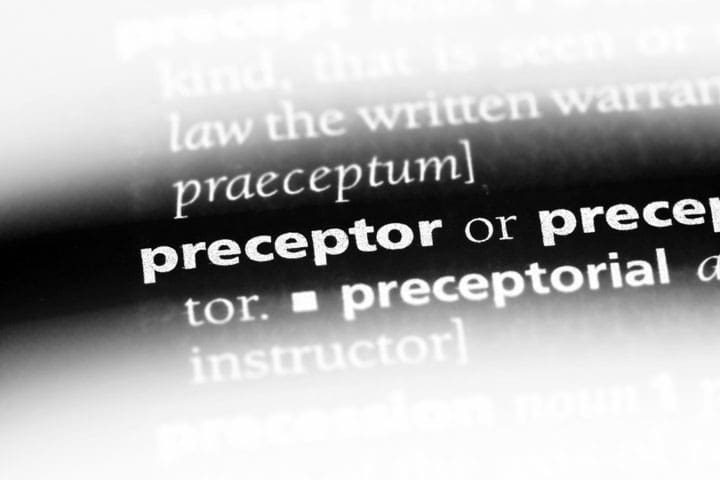Hillary Clinton, John McCain, Barack Obama, Rudy Giuliani, John Edwards, Mitt Romney, and quite possibly an actor from the TV show “Law & Order.” One of them could be sworn in as the next president of the United States in 2009. Another presidential election is upon us, and as evidenced by the intense media coverage thus far, the nominating process has begun much earlier than in past campaign cycles. As such, there is no better time than the present to brush-up on ANA’s level of participation during presidential elections.
Presidential endorsements provide the best opportunity to educate members about the political process and to encourage political participation among nurses. Endorsements also demonstrate an organization’s political power and ability to accomplish its legislative and regulatory goals. To this end, ANA has endorsed a candidate in each presidential election since 1984. ANA follows the 1985 House of Delegates resolution directing the association to engage presidential contenders of all parties in endorsement considerations. ANA’s presidential endorsements are made according to a deliberate, nonpartisan process, which includes careful consideration of various factors.
ANA’s Political Action Committee (ANA-PAC) and its Board of Trustees recently began the 2008 presidential endorsement process to help elect a candidate who would advocate on behalf of ANA’s core legislative
and regulatory policy agenda should he or she win the election. Four members of the ANA-PAC Board will help lead this process by serving as the PAC’s Presidential Endorsement Task Force: Sara Jarrett, EdD, MS, MA, RN, of Colorado (Chair); Barbara Crane, RN, CRRN, of New York; Elizabeth Dietz, EdD, RN, CS-NP, of California; and Erin Murphy, BSN, RN, of Minnesota. Per the 1985 resolution, the ANA-PAC Board and its Presidential Endorsement Task Force members will work with ANA Government Affairs staff to take the necessary steps that will result in an endorsement decision. In past elections, these actions have included:
• examining the voting records, to the extent possible, of all announced candidates in relation to ANA’s legislative agenda
• drafting a questionnaire to gauge the level of each candidate’s support for ANA’s core policy issues
• polling individual Constituent Member Associations (CMAs) and the ANA membership for their preferred candidates
• conducting interviews with viable presidential candidates.
Upon concluding this process, the PAC board will present its endorsement recommendation to ANA’s Board of Directors, who will then vote to ratify the PAC board’s decision. It’s important to note that the PAC board’s endorsement decision typically represents a choice among three positions: no endorsement or support of a candidate; supporting one or more candidates during the primary elections; or supporting a candidate after the party nominating conventions.
ANA will not ignore the thoughts and opinions of its individual members and CMAs during this process. It expects this process will be a collaborative and democratic effort, where individual members and CMAs will be able to voice their personal preferences for the next president of the United States. Ultimately, the association will use its professional judgment in choosing a candidate who will do the most to advance the interests of nurses while serving in the White House.
ANA realizes that endorsing a particular presidential candidate will undoubtedly elicit strong emotions within its membership. ANA is fortunate to have an informed and diverse membership base, with well-rounded views on a number of issues. Thus, ANA recognizes that as voters, individual members consider other factors—such as the economy, national security, and education—in personally deciding which candidate to support. However, as a professional organization, ANA must consider candidates based solely on who will best serve the interests of the nursing profession and its patients. Political parties or personal agendas will not matter in this process. ANA will offer no political support without thoughtfully analyzing a candidate’s past record and views on nursing.
ANA urges all members to get involved politically to ensure that nurses’ voices are heard during this campaign season. Please visit ANA’s Government Affairs website, www.anapoliticalpower.org, in the coming months for more information about the 2008 presidential election and to track the ANA endorsement process.
Carlos Jackson is a senior political action specialist in ANA’s Department of Government Affairs.

















